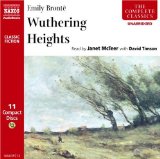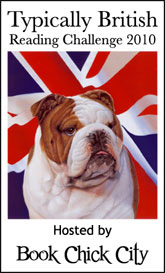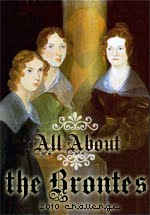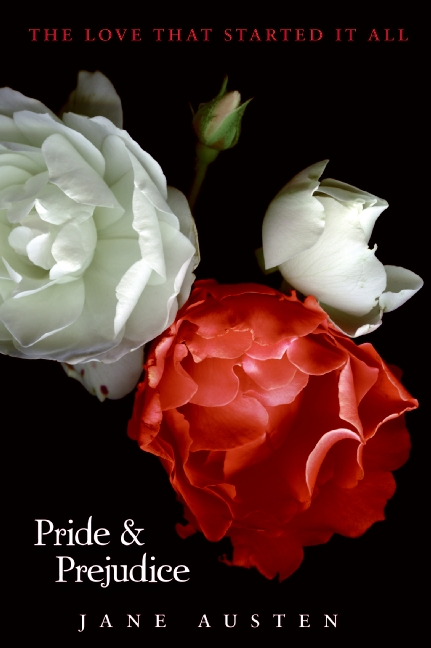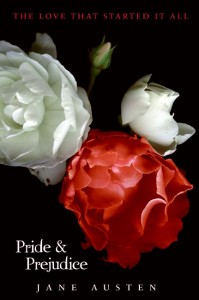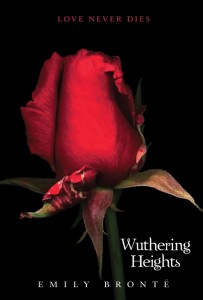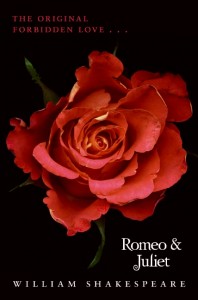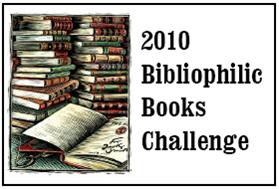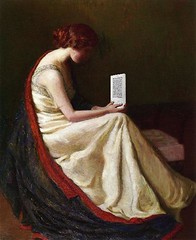 I am falling behind in my Everything Austen Reading Challenge, everyone. I set aside The House of the Seven Gables for now. I might still dip into it a little bit here and there, but I really need to finish some of the Austen-related reading I committed to. To that end, I picked up Syrie James’s novel The Lost Memoirs of Jane Austen. I finished the R.I.P. Challenge at my commitment level (two books), so I am going to try to finish two more and meet the challenge level for Peril the First—four books. The two books I’ve chosen are Dracula, My Love, also by Syrie James, and Wuthering Bites, by Sarah Gray. Wuthering Bites is, of course, a mashup of Wuthering Heights and a vampire story. If you have read this blog for a while, you’ll recall Wuthering Heights is my favorite book, so it will be a test of my sense of humor to see how I deal with Heathcliff as a vampire, but then, if you think about it, it’s not much of a stretch.
I am falling behind in my Everything Austen Reading Challenge, everyone. I set aside The House of the Seven Gables for now. I might still dip into it a little bit here and there, but I really need to finish some of the Austen-related reading I committed to. To that end, I picked up Syrie James’s novel The Lost Memoirs of Jane Austen. I finished the R.I.P. Challenge at my commitment level (two books), so I am going to try to finish two more and meet the challenge level for Peril the First—four books. The two books I’ve chosen are Dracula, My Love, also by Syrie James, and Wuthering Bites, by Sarah Gray. Wuthering Bites is, of course, a mashup of Wuthering Heights and a vampire story. If you have read this blog for a while, you’ll recall Wuthering Heights is my favorite book, so it will be a test of my sense of humor to see how I deal with Heathcliff as a vampire, but then, if you think about it, it’s not much of a stretch.
I’ve added a new plugin that allows you to share your Twitter handle when you comment. There is a box beneath the text box for entering your comment that invites you to input your Twitter username. You don’t need to enter the URL for your profile, just your username. It should save the information and will work each time you comment unless you change your Twitter username. If you don’t have Twitter, you can safely ignore it. I thought it might be a fun way for commenters to discover great new Twitter feeds to follow. If you prefer not to put your Twitter username in the space, feel free to leave it blank.
So what are you reading? How are the reading challenges going?
photo credit: Mike Licht, NotionsCapital.com

